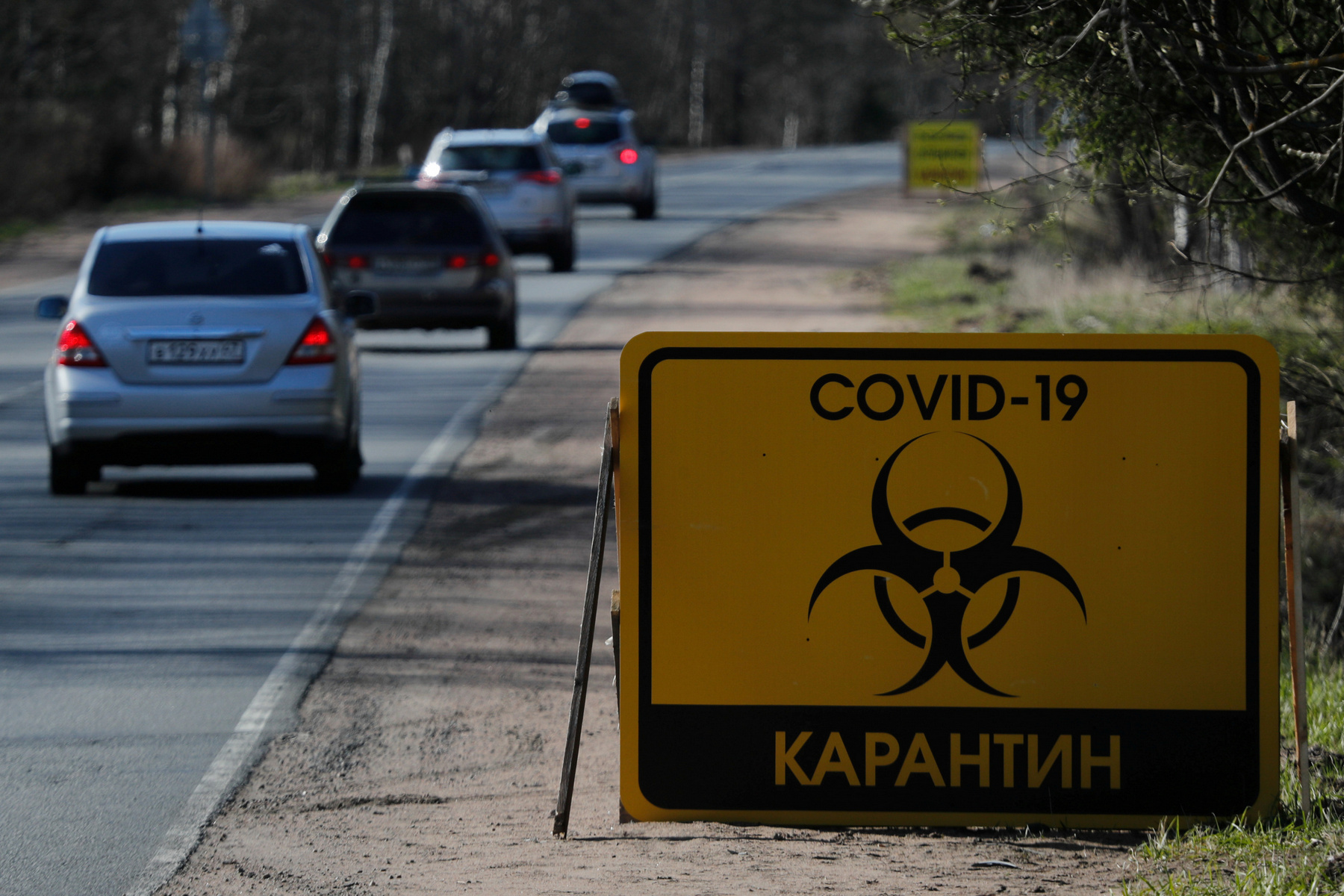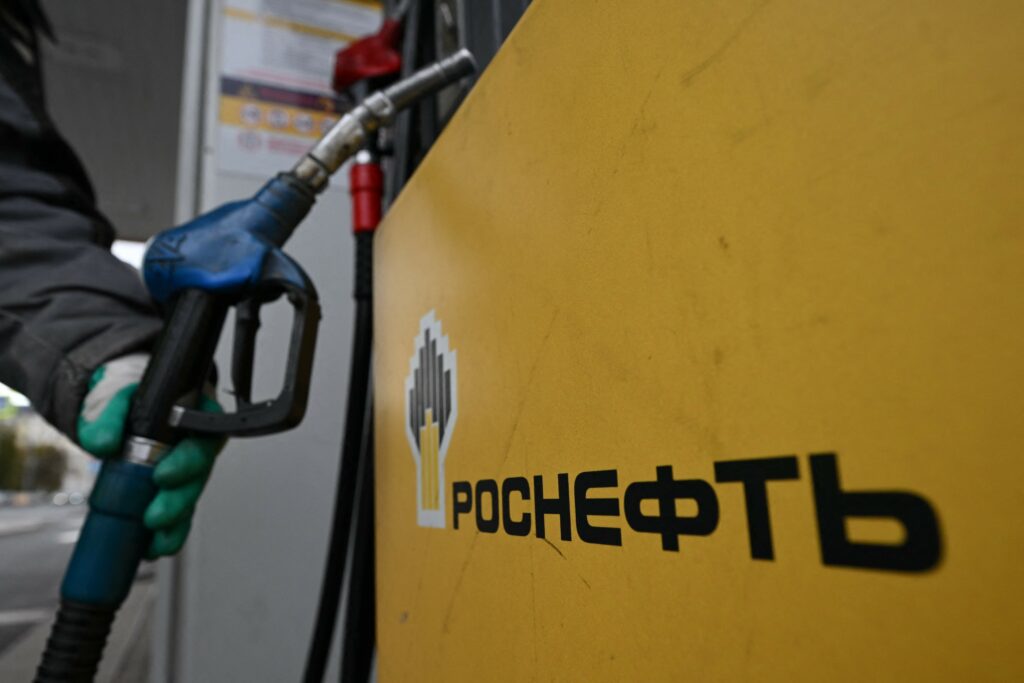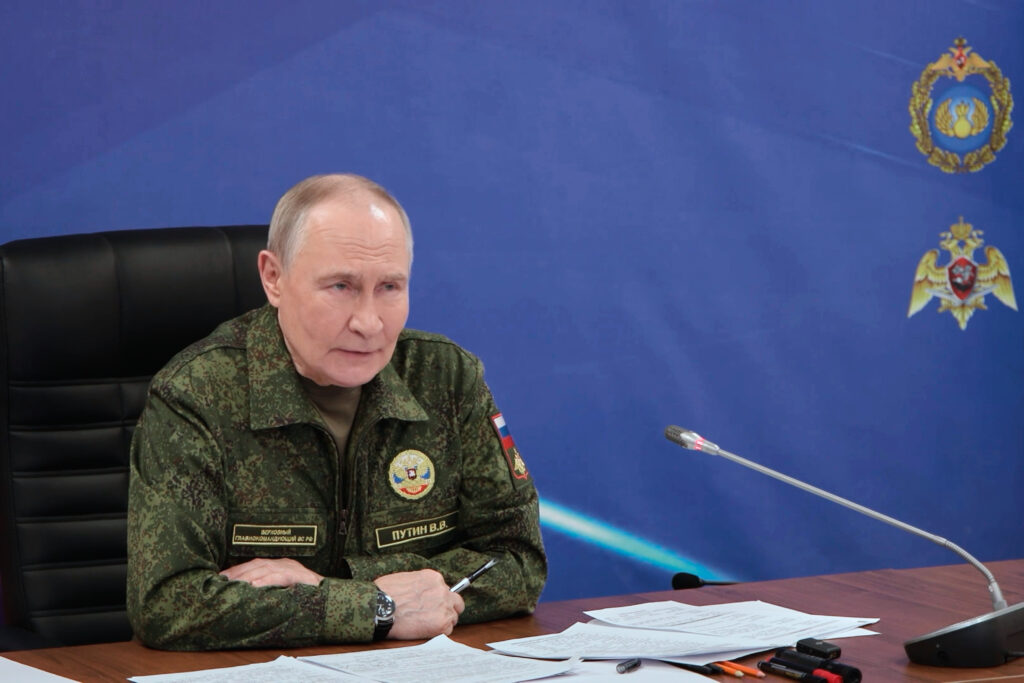At a G-20 meeting at the end of March Vladimir Putin has called on his counterparts to create “green corridors for the duration of the crisis, free from trade wars and sanctions, for the mutual supply of medicines, food, equipment and technology”. By green corridor, Putin meant a “joint moratorium on restrictions on essentials, as well as on financial transactions for their procurement”.
In early April, as part of the UN Security Council, Russia proposed a resolution proclaiming the leading role of the WHO. Russia recommended countries abandon trade wars and stop using unilateral sanctions that bypass the UN Security Council. The project was blocked by the United States, the European Union, Britain, Ukraine and Georgia.
On April 16, 2020, the U.S. chief sanction policy regulator, the United States Office of Foreign Assets Control (OFAC), published new guidance. Titled “Fact Sheet: Provision of Humanitarian Assistance and Trade to Combat COVID-19,” the document clarifies OFAC policy on sanctions exceptions against Iran, Venezuela, North Korea, Syria, Cuba and Russia.
Before the COVID-19 pandemic, the United States developed certain approaches to granting humanitarian sanctions exemptions. With Venezuela — along with the introduction of increasingly stringent sanctions — there are rules on exclusion from sanctions restrictions. Back in August 2019, the “Guidance Related to the Provision of Humanitarian Assistance and Support to the Venezuelan People” was published. This document outlined how the American financial system is allowed to be used for humanitarian assistance in the following cases: 1) payment for the export and re-export of medical equipment, medicines and agricultural products; 2) money transfers for non-commercial purposes through Venezuelan banks; 3) permission of the activities of international organizations (UN, Red Cross, etc.) in the territory of Venezuela and their interaction with the government of the country; 4) the use of communications and mail; 5) export and re-export of telecommunication and Internet equipment; 6) the provision of medical services; 7) permission to carry out NGO transactions to support humanitarian projects, education, environmental protection, etc.
What specifically draws attention in the new document (dated April 16) is the procedure for listing sanctions programs and the volume of content for each country: for example, the analysis of sanctions exceptions for Iran is listed first; it takes more than two out of ten pages. Only half a page is given to the sanctions program against Russia — at the end of the document.
According to OFAC and the US government, Russia is involved in interfering in the elections; in the ongoing aggression in Ukraine; in providing assistance to the Assad regime in Syria and the Maduro regime in Venezuela, as well as in cyber-attacks. Russia is also accused of violating human rights and of helping North Korea to circumvent UN and US sanctions. The set of accusations is noteworthy because of its scale, and becausse it is united under Ukraine/Russia related sanctions program since it is “is a key tool in the U.S. government’s effort to disrupt and deter Russia’s malign activities on these various fronts, and to impose long-term costs on the Russian government for these activities.”
An exception to the sanction regime is the provision of licenses. General licences, which apply to an indefinite number of persons, and special licenses. Unlike general licenses, special licenses are issued only to entities upon special request. Special licences come with an obligation to provide a report after the transaction. Since 2014, two general licenses have been applied to Russia: general license No. 4 provides the right to export and re-export medical equipment, medicines and agricultural goods from the United States to the territory of Crimea, and general license No. 6 gives the right to make money transfers to non-commercial individuals with / to the accounts of individuals in the United States.
These general licenses were published on December 19, 2014 on the same day as Executive Decree No. 13685 “Blocking Property of Certain Persons and Prohibiting Certain Transactions With Respect to the Crimea Region of Ukraine” (this is one of two documents that started the Russian-Ukrainian sanctions). These licenses continue to apply to Russia, and OFAC clarifications have only confirmed this.
For other countries, OFAC managed to adopt general licenses in 2020. So, on February 21, 2020, a general license No. 8 was adopted for Iran. This allows the Central Bank of Iran to take part in the payment of export and re-export of agricultural and medical goods.
Russia often calls for unilateral sanctions to be lifted, but OFAC’s Fact Sheet have not changed anything for it. On the one hand, this may hint that the US and the EU do not plan to lift any sanctions. Yet this also emphasizes that for the US sanctions policy, the program with Russia does not come first: for Washington, the Iranian, Venezuelan and Syrian programs are now more of a priority. In other words, the sanctions against Russia will continue to apply, but with no large-scale revisions planned.
Notably, there are several bills relating to Russia in the US Congress now.
In February 2019, the famous bill “Defending American Security from Kremlin Aggression Act” (DASKA) was submitted to the Senate for consideration. This provides for: sanctions against Russia’s new sovereign debt; sanctions against politicians, “oligarchs” or their families that contribute to “illegal or corrupt acts in the interests of Vladimir Putin”; sanctions against Russian banks supporting “interference by the Russian government in democratic procedures or elections in other states”; sanctions against investments in Russian liquefied natural gas (LNG) projects outside of Russia; restrictions on investment in foreign energy projects in Russia; restrictions against oil development in Russia; sanctions for Russia’s aggression against Ukraine, including measures against the Russian shipbuilding sector.
American commentators note that the adoption of this bill could harm American and European businesses working with oil and gas. So its consideration could drag on indefinitely (the fact the majority in the Senate is now Republican is also in favor of this).
In March 2019, the Senate Committee on Foreign Relations passed the bill of “Russian-Venezuelan Threat Mitigation Act.” Still, no progress has yet been seen with it. There are many similar bills. Due to the current parity in the American system (in Congress the majority are Democrats and Republicans in the Senate), the status quo on the Russian sanctions package will not change anytime soon.










